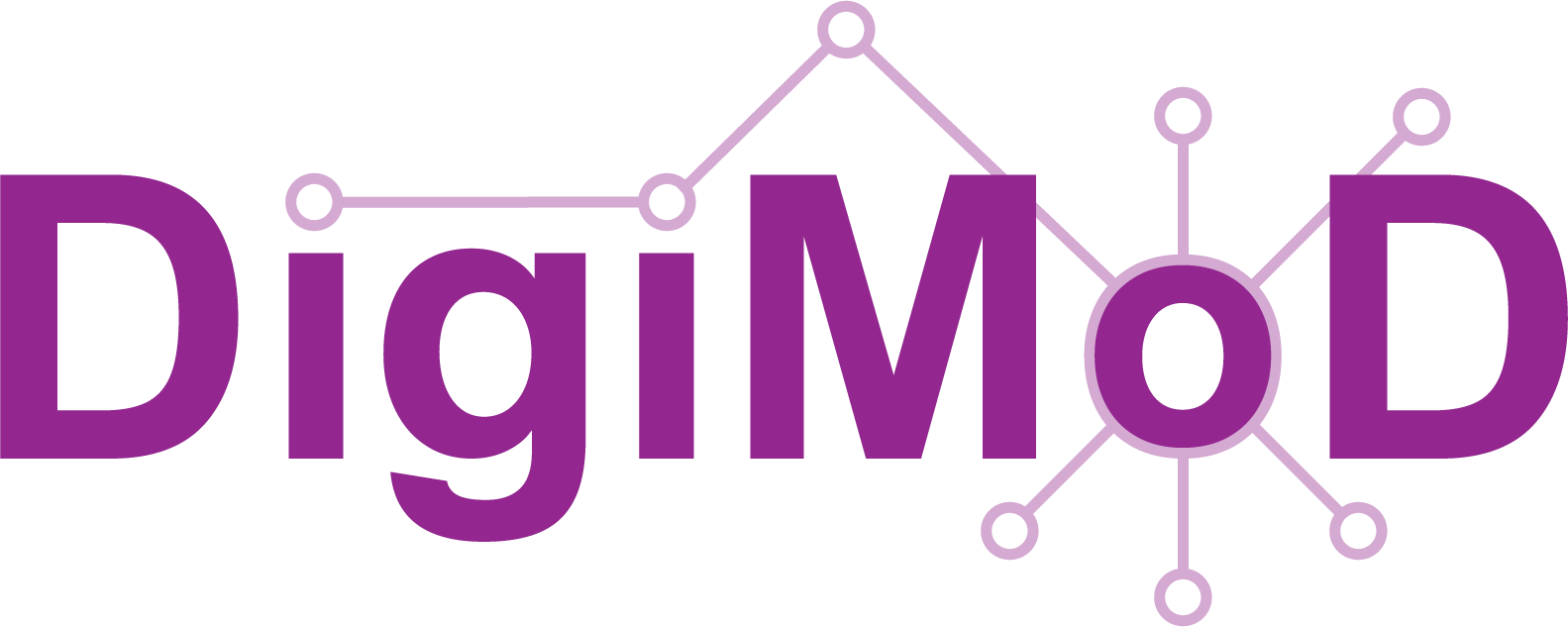Dear blog readers, please note that future blog posts will be uploaded on a quarterly basis. 13.07. – New Publication In the middle of July, Dr. Kilian Bühling (Universität Tübingen & Weizenbaum-Institut), together with colleagues Dr. Olga Pasitselska (University of Groningen, The Netherlands) and Dr. Emilija Gagrčin (Universität Mannheim & University of Bergen, Norway), published […]
Category: Publication

At the beginning of this year, Dr. Kilian Buehling, Prof. Dr. Annett Heft, and Xixuan Zhang (all from the Weizenbaum Institute and Freie Universität Berlin) published their paper Veiled conspiracism: Particularities and convergence in the styles and functions of conspiracy-related communication across digital platforms in New Media & Society. Their research explores how digital communication […]

Conspiracy theories have never been confined by geopolitical borders. In the digital age, social media and online forums amplify their reach, allowing far-right ideologies to spread and adapt across different national and cultural contexts. A recent study conducted by Xixuan Zhang, Joana Becker, Dr. Annett Heft, and Dr. Kilian Buehling examines this phenomenon by analyzing the transnational dissemination […]

Rita Gsenger (Freie Universität and Weizenbaum Institute) and Dr. Annett Heft (Universität Tübingen, Freie Universität and Weizenbaum Institute) have contributed to the latest issue of Machine Against the Rage, published in Autumn 2024. The article, “Attention Is All They Need: Eine Analyse der Nutzung generative KI in rechtsalternativen Netzwerken,” is a part of the current issue, […]

Despite their shared antigenderism, populist radical-right parties’ contestation of gender and sexual equality forms a continuum rather than being homogenous across countries. Susanne Reinhardt, Annett Heft, and Elena Pavan argue that varieties of antigenderism are best understood through a party’s societal context, ideology, and voter expectations. Read more into this subject by clicking here.

Citizen-generated populist content is flourishing in the comments sections of online news. The factors that shape the extent of such populist communication from below are still under-researched. The recent publication of Daniel Thiele (Freie Universität Berlin & Weizenbaum Institute, Berlin) focuses on the COVID-19 crisis to examine how contextual and media-related factors are related to […]
On February 11, 2024, the final version of the article titled “Right Topic, Right Source? Source Diversity and Balance in Right-Wing Alternative News Content Across Topics,” authored by Annett Heft (Freie University of Berlin/Weizenbaum Institute), Tim Ramsland, and Eva Mayerhöffer (both Roskilde University), was published by Taylor & Francis. The article investigates how right-wing alternative […]

On January 23, 2024, Prof. Dr. Pablo Jost (Ludwig-Maximilians-University of Munich) presented and discussed our collaborative work on Mapping a Dark Space: Challenges in Sampling and Classifying Non-Institutionalized Actors on Telegram, co-authored by Dr. Annett Heft and Dr. Kilian Buehling (both Freie Universität and Weizenbaum Institute), Maximilian Zehring and Emese Domahidi (both Ilmenau Technical University) as well as Heidi […]
Kilian Buehling and Annett Heft (both Freie University of Berlin/Weizenbaum Institute) published an article on the Pandemic Protesters on Telegram: How Platform Affordances and Information Ecosystems Shape Digital Counterpublics in Social Media + Society. Their research investigates the role of platform affordances, their adoption by movement actors, and the strategic use of information ecosystems in […]
Journalism has been crossing borders since news media and nation-states co-emerged in the seventeenth century. Still, the internet era has further advanced and expanded the border-transcending production, dissemination, and reception of news. The rise of cross-border journalism reflects the “increasing connectedness, boundarylessness, and mobility in the world” (Berglez, 2008, p. 855). The new “The Palgrave […]
Curd Benjamin Knüpfer (Free University of Berlin), Carsten Schwemmer (Ludwig-Maximilians-University of Munich) and Annett Heft (Free University of Berlin/Weizenbaum Institute) published an article on the Politicization and Right-Wing Normalization on Youtube: A Topic-Based Analysis of the “Alternative Influence Network” in the International Journal of Communication. The study addresses a gap in current research on YouTube’s […]
November 14th a collaborative article Mapping a Dark Space: Challenges in Sampling and Classifying Non-Institutionalized Actors on Telegram with two members of our team was published in the journal Medien & Kommunikationswissenschaft! Written by Pablo Jost (Ludwig-Maximilians-University of Munich), Annett Heft (Free University of Berlin), Kilian Buehling (Free University of Berlin), Maximilian Zehring (Ilmenau Technical University), […]
In today’s digital landscape, the proliferation of online platforms and the rapid evolution of communication technologies present unique challenges for researchers. A recent study by Dr. Annett Heft, Dr. Kilian Buehling, Xixuan Zhang, Dominik Schindler, and Miriam Milzner (2023) investigates these complexities, focusing on the collection of conspiracy-related communication data across various digital platforms. Published […]
Many civil society and academic projects are engaged in documenting and analyzing conspiracy theory, anti-democratic or racist discourse on social media. Kilian Buehling has investigated to what extent the results of these efforts are influenced by the time of data collection. In this article, he summarizes the results of a recently published study. A bizarre […]
Annett Heft, head of the research group Digitalization and the Transnational Public Sphere at the Weizenbaum Institut for the Networked Society and the Free University Berlin, together with co-authors Curd Knüpfer, Susanne Reinhardt and Eva Mayerhöffer (Roskilde University), have been awarded The International Journal of Press/Politics Jay Blumler Best Article Award 2022 for their study […]
Whether a radical right party is in opposition or in government significantly influences the digital communication of its actors and supporters. This is a central finding of the latest publication “Mobilization and support structures in radical right party networks. Digital political communication ecologies in the 2019 European parliament elections” by Annett Heft, Susanne Reinhardt and […]
